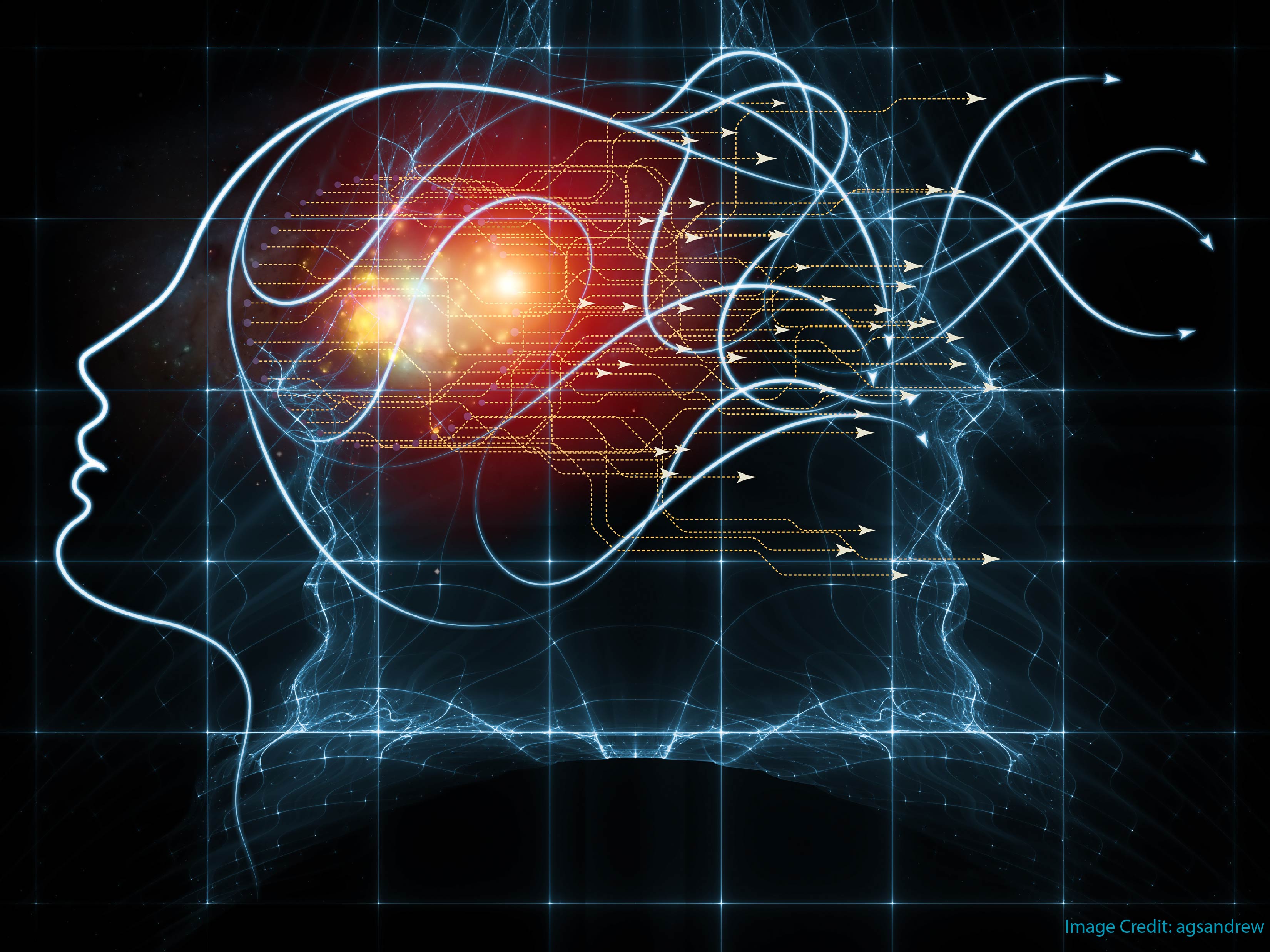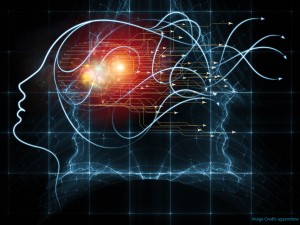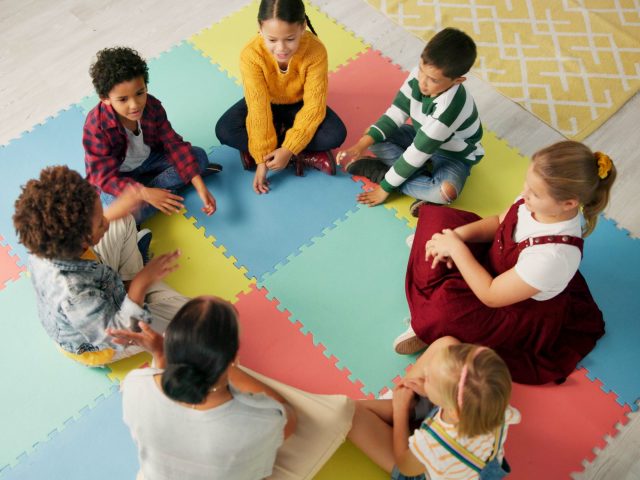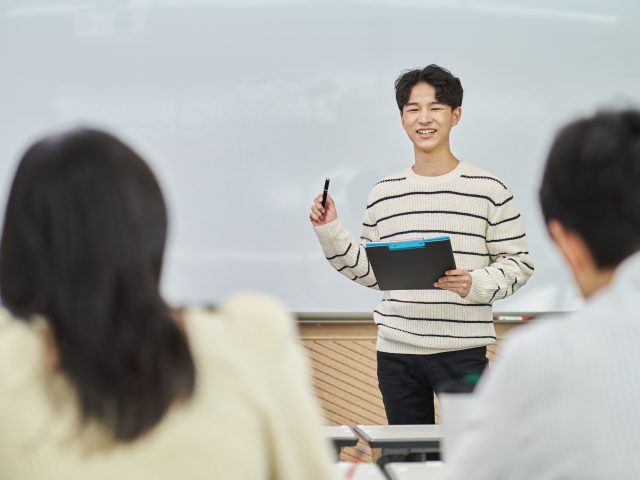
For many decades, neuroscientists believed that adult brains don’t generate new neurons. Once childhood is over, the neurons you have are all the neurons you’ll get.
The
When you go to Learning and the Brain conferences, you doubtless hear about adult neurogenesis. It is, we thought until this morning, one of the reasons you can learn new things.
Today’s Headline: No Adult Neurogenesis?
This article has been cropping up all over my newsfeed. It’s headline: “Birth of New Neurons in the Human Hippocampus Ends in Childhood.”
The article is easy to read, and I encourage you to give it a look. It offers a helpful historical context, and digs into the implications of these findings.
The findings are so new that I haven’t yet seen much response to them. I’ll post updates as scholars start to grapple with this research.
In the meanwhile, you can take confidence from this research that skepticism never flags. Even so “well-established” a finding as adult neurogenesis can be overturned when we get better data.
As Arturo Alvarez-Buylla, one of the researchers, say:
“I always try to work against my assumptions in lab,” he said. “We’ve been working on adult neurogenesis so long, it is hard to see that it may not happen in humans, but we follow where the data leads us.”




